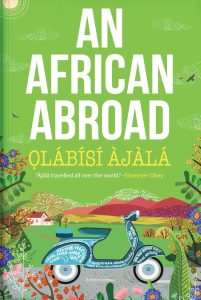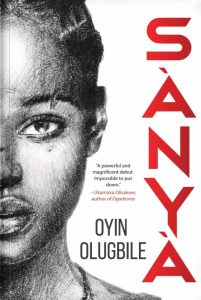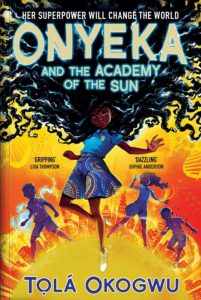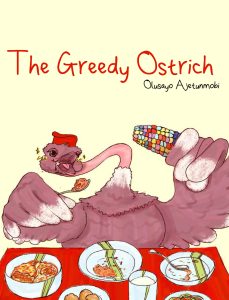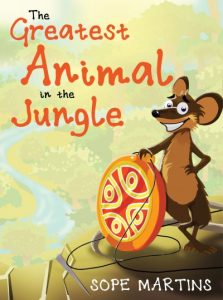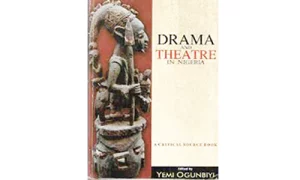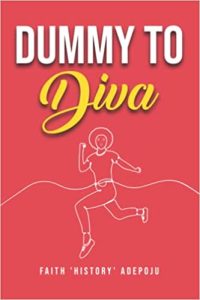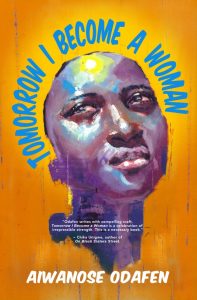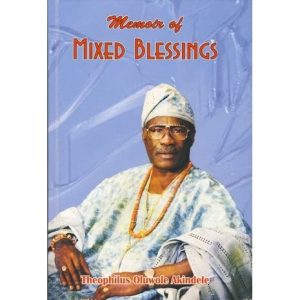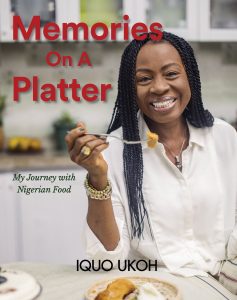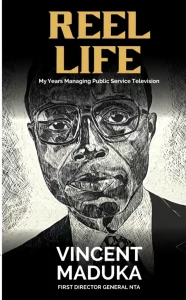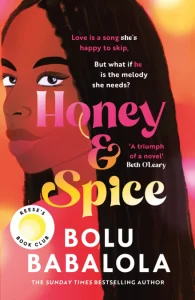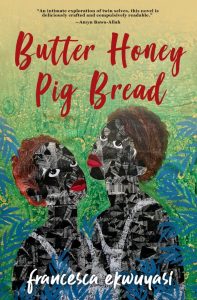An African Abroad
₦6,000.00When Ajala is not escaping an assassination attempt and dodging the bullets of eager security agents around the Duke of Edinburgh in Sydney, he is crashing his scooter, amid a hail of gunfire, through a border between Jordan and Israel—or he is cutting through security to shake the hands of Nikita Khrushchev. And when Ajala is not trying ‘African ju-ju’ on pretty Russian girls, he is enjoying a tense audience with Golda Meir in Israel and hobnobbing with Fúnmiláyọ̀ Ransome-Kútì in Moscow.
The Original One-Man Daredevil-Traveller, Moshood Ọlábísí Àjàlá saw it all, did it all, and lived to tell the tale. Now back in print for the first time since 1963, here are the travel stories of his trips around Europe, the Middle East, and Australia as told by the man himself. This new edition comes with a preface by Kọ́lá Túbọ̀sún and a foreword by Joane Àjàlá.

